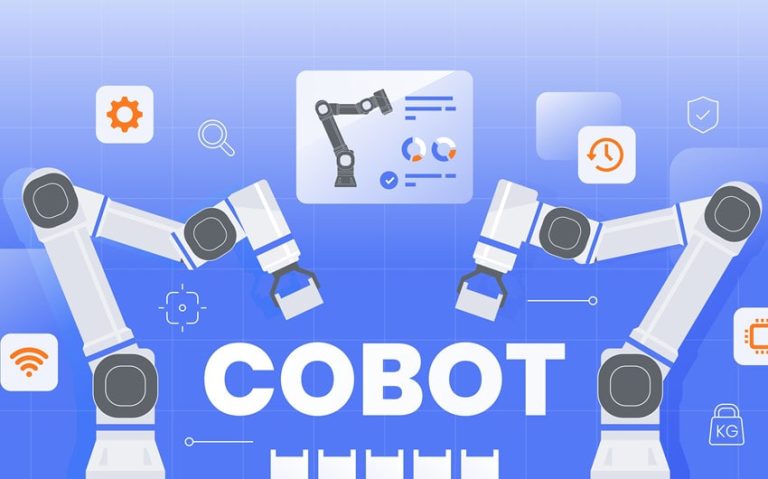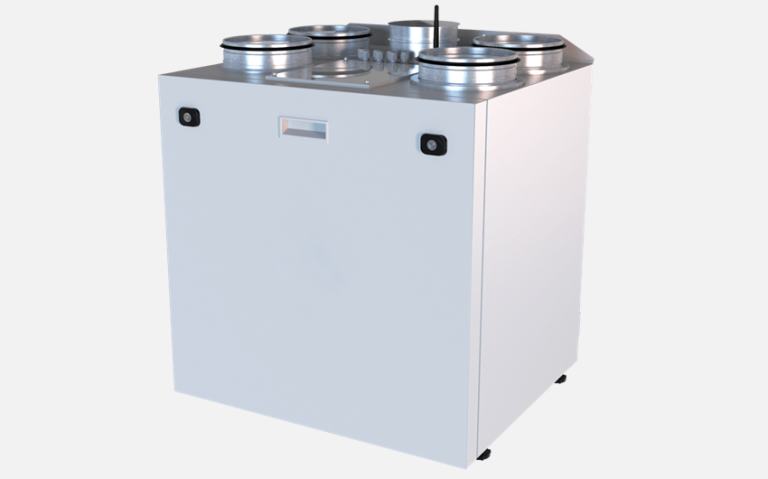The Importance of Implementing a Knowledge Management System in Healthcare
In an era where healthcare complexity is rapidly increasing, the need for cohesive knowledge management systems becomes more critical than ever before. Modern healthcare organizations are inundated with a vast amount of data that encompasses patient records, research findings, medical protocols, and more. A knowledge management system can effectively harness this data for improved decision-making and patient care.
By capturing, organizing, and disseminating information, healthcare providers can enhance service delivery and outcomes. Below, we explore the significance of these systems and how they transform the healthcare landscape.
Addressing Challenges and Best Practices for Knowledge Management Implementation
Implementing a knowledge management system in healthcare comes with challenges, especially when it comes to staff resistance and adapting to new technologies. Changes in workflow and the need for training can create hesitation among personnel. To overcome this, clear communication and showcasing the system’s benefits are key to gaining support and ensuring a smooth transition.
Another hurdle is integrating the new system with existing legacy platforms without losing important data. This process needs careful planning and technical expertise. Understanding what is a knowledge management system in healthcare helps providers set clear goals, involve the right stakeholders, and ensure the system evolves through ongoing updates and user feedback.
Understanding Knowledge Management in the Healthcare Sector
Knowledge management in healthcare involves a systematic approach to efficiently handling information and resources, ensuring timely access to critical information for informed decisions. It is crucial in the dynamic nature of medical practices, influenced by new research, technologies, and treatments.
Knowledge management systems must be dynamic, accommodating new insights while preserving established knowledge. They filter out outdated or irrelevant information, upholding care standards. Effective knowledge management connects disparate silos of information, creating a more integrated approach to patient care. This interconnectedness is vital for healthcare organizations to operate more efficiently and collaboratively.
Enhancing Patient Care Through Effective Knowledge Sharing
Knowledge management systems are crucial for healthcare professionals to efficiently access and apply knowledge, enhancing patient care. They streamline access to patient histories, treatment plans, and best practices, facilitating continuous learning and improving the quality of care. Patients benefit from reduced wait times, accurate diagnoses, and better-coordinated care plans.
Information technology systems facilitate the seamless flow of information, ensuring all healthcare providers are informed and prepared. Knowledge management also fosters transparency and patient engagement, allowing patients to be active participants in their care, leading to improved outcomes and higher satisfaction levels. Empowering patients through knowledge sharing is a cornerstone of modern healthcare practice.
Streamlining Healthcare Operations with a Knowledge Management System
A knowledge management system can significantly improve operational efficiency in healthcare by streamlining processes, simplifying record-keeping, reducing duplication, and minimizing errors. It can automate complex logistics, such as scheduling appointments and maintaining inventory, and use data analytics to predict needs and optimize resource allocation.
Knowledge systems also help facilities stay up-to-date with regulatory standards, preventing violations and enhancing accountability. By providing accurate and comprehensive knowledge resources, these systems reduce clinical errors, such as misdiagnoses, medication mishaps, and procedural complications, thereby safeguarding patient safety and enhancing care quality.
The Role of Technology in Facilitating Knowledge Management in Healthcare
Technology and knowledge management are driving significant advancements in healthcare. Advanced software solutions enable the collection, storage, and analysis of health-related data, leading to knowledge-driven healthcare ecosystems. Electronic health records (EHRs) are key examples of technology supporting knowledge management, allowing real-time data sharing across healthcare settings.
To fully utilize technology in knowledge management, healthcare entities must invest in secure and scalable platforms to protect sensitive patient data and foster trust between patients and providers. Artificial intelligence and machine learning can further refine healthcare services by diagnosing conditions, predicting outcomes, and personalizing treatment plans, enhancing healthcare delivery.
Overall, the implementation of a knowledge management system within the healthcare sector has profound implications for both patient care and operational efficiency. By carefully navigating the challenges and embracing the technologies that facilitate knowledge exchange, healthcare organizations can significantly improve their services. A strong knowledge management framework is not just a strategic asset but a vital component in delivering high-quality healthcare in the 21st century.







